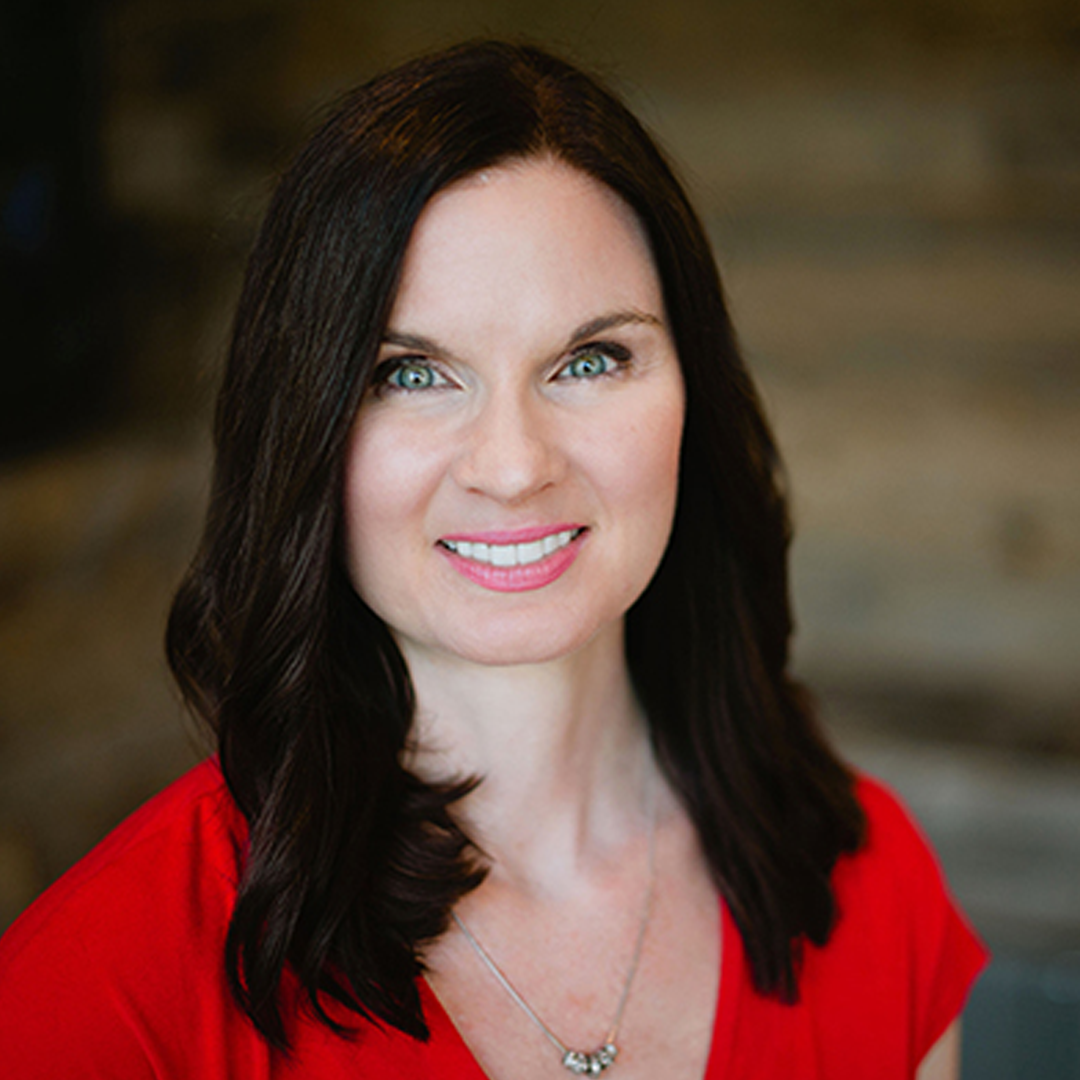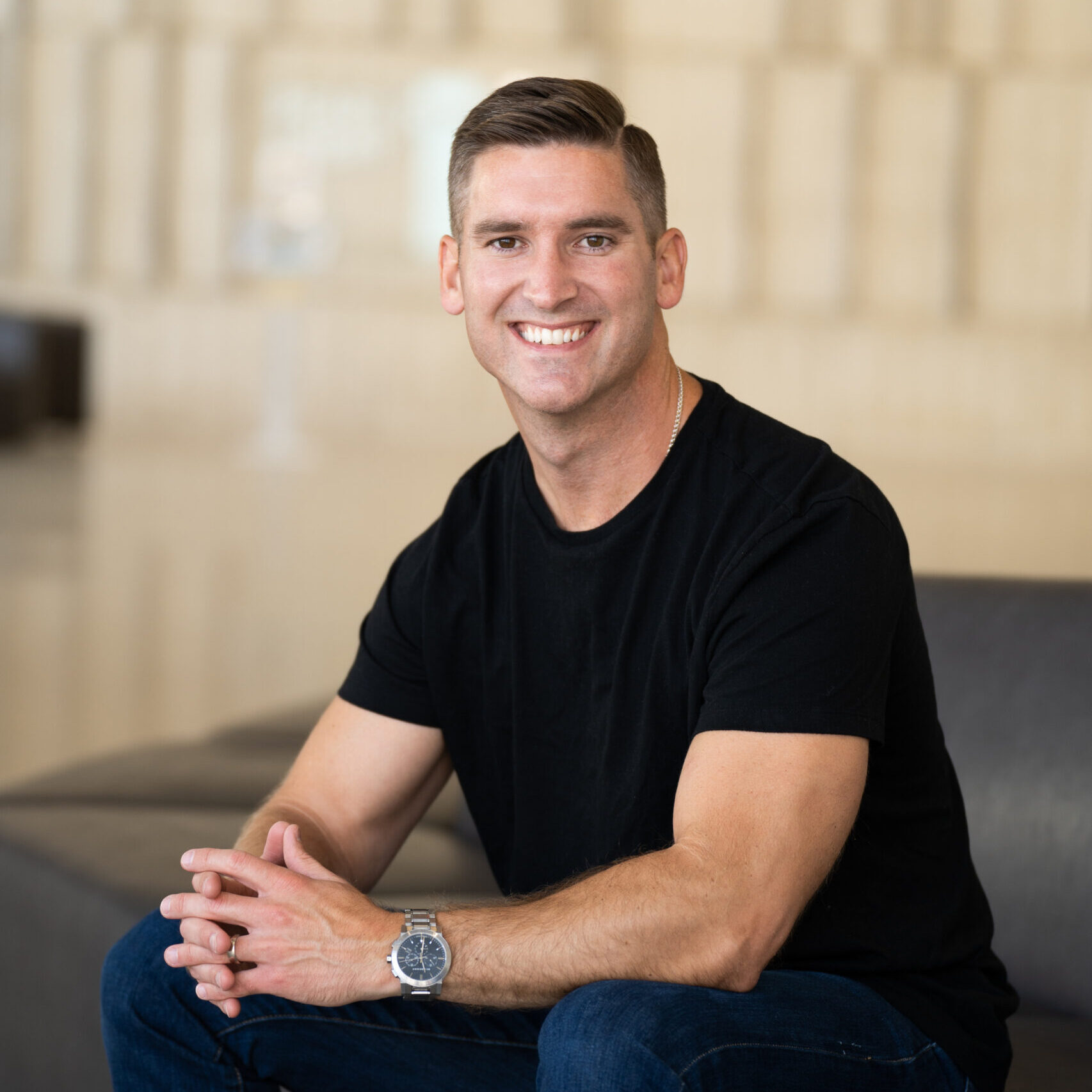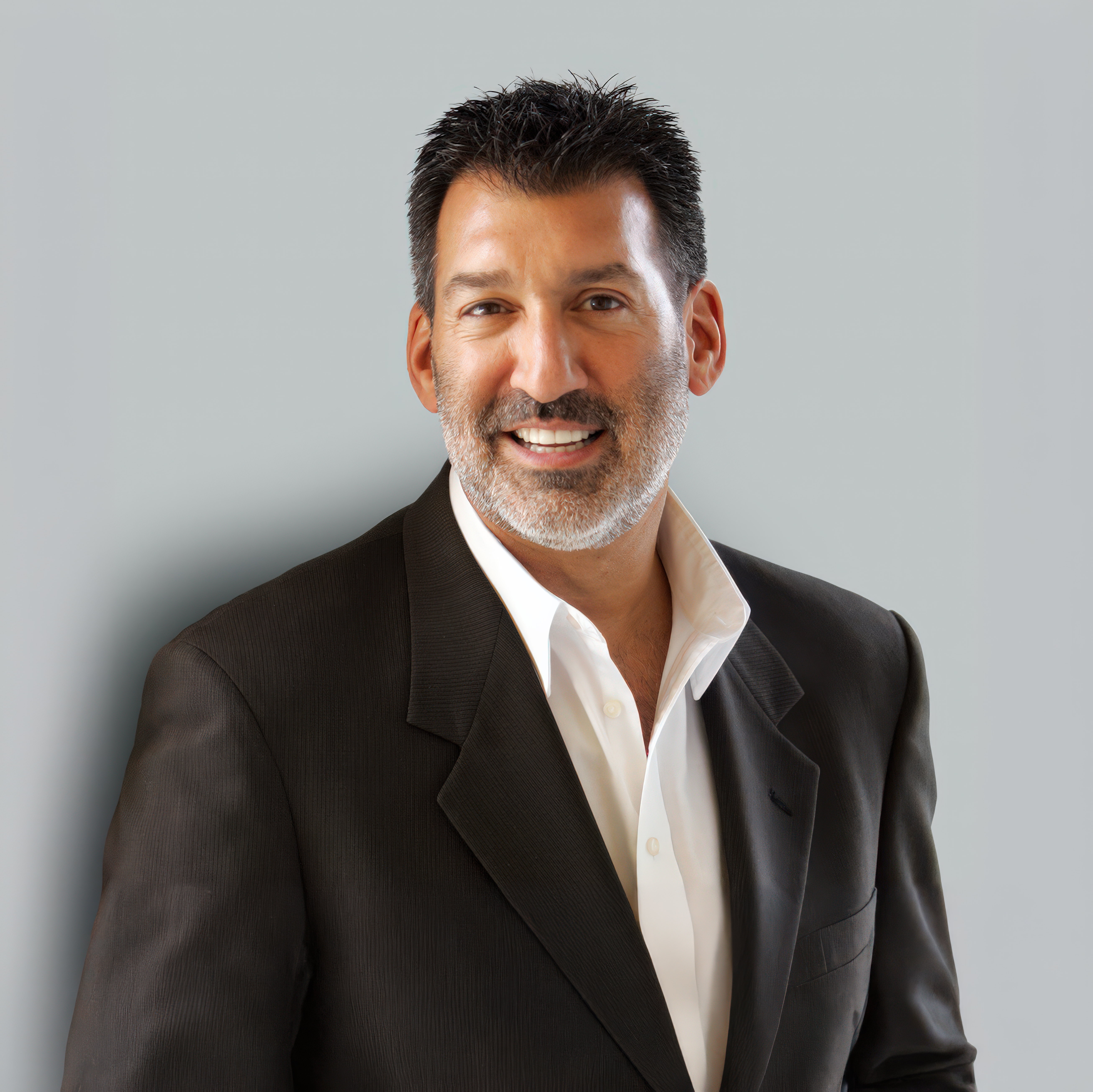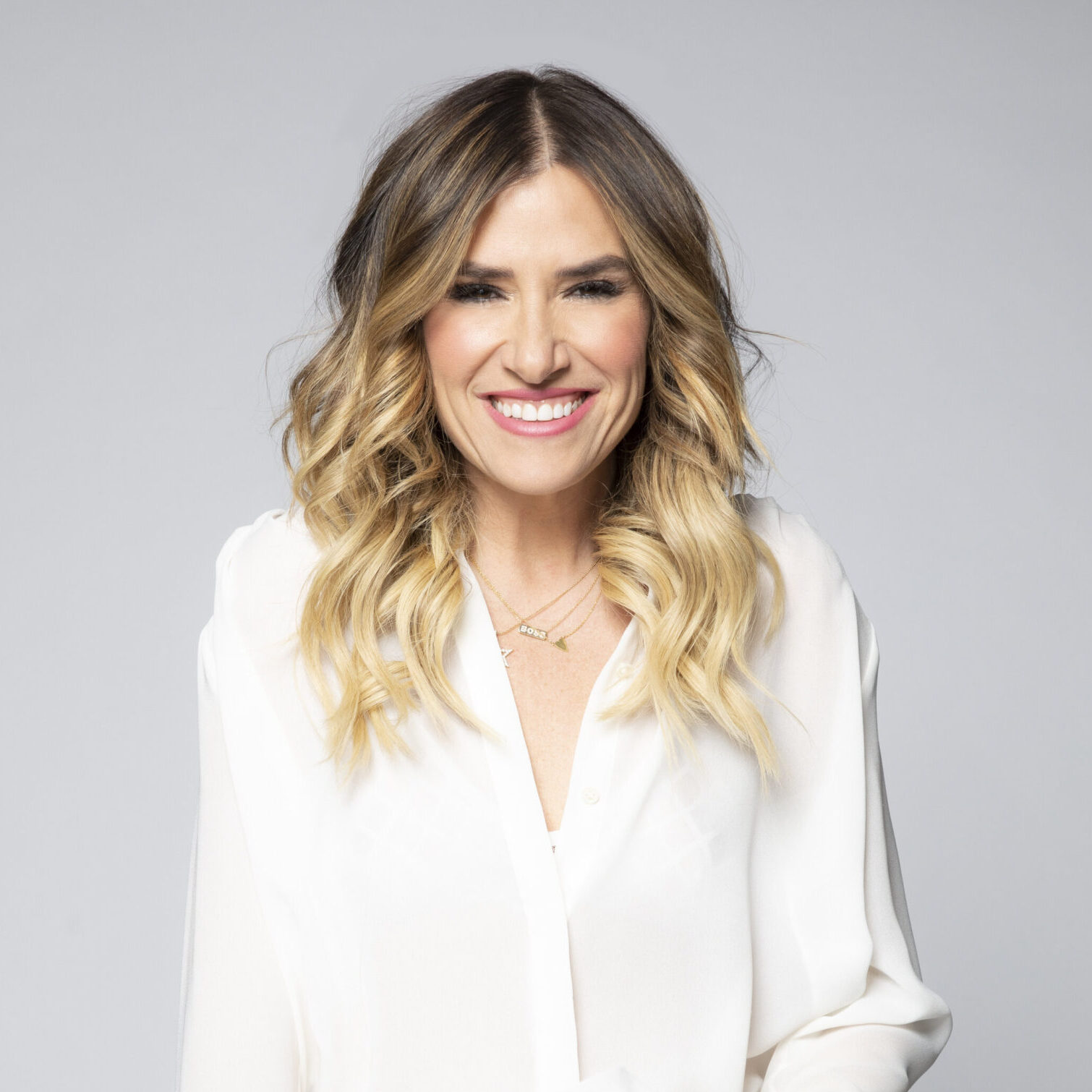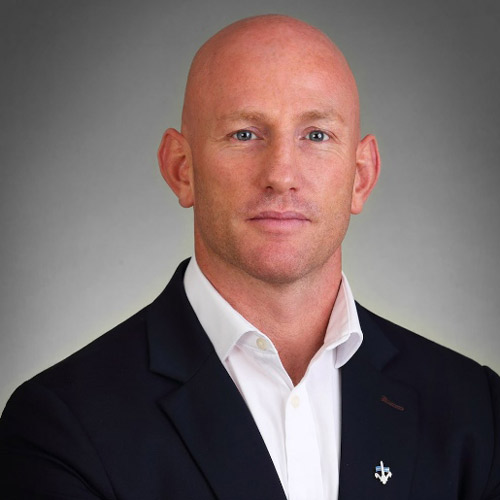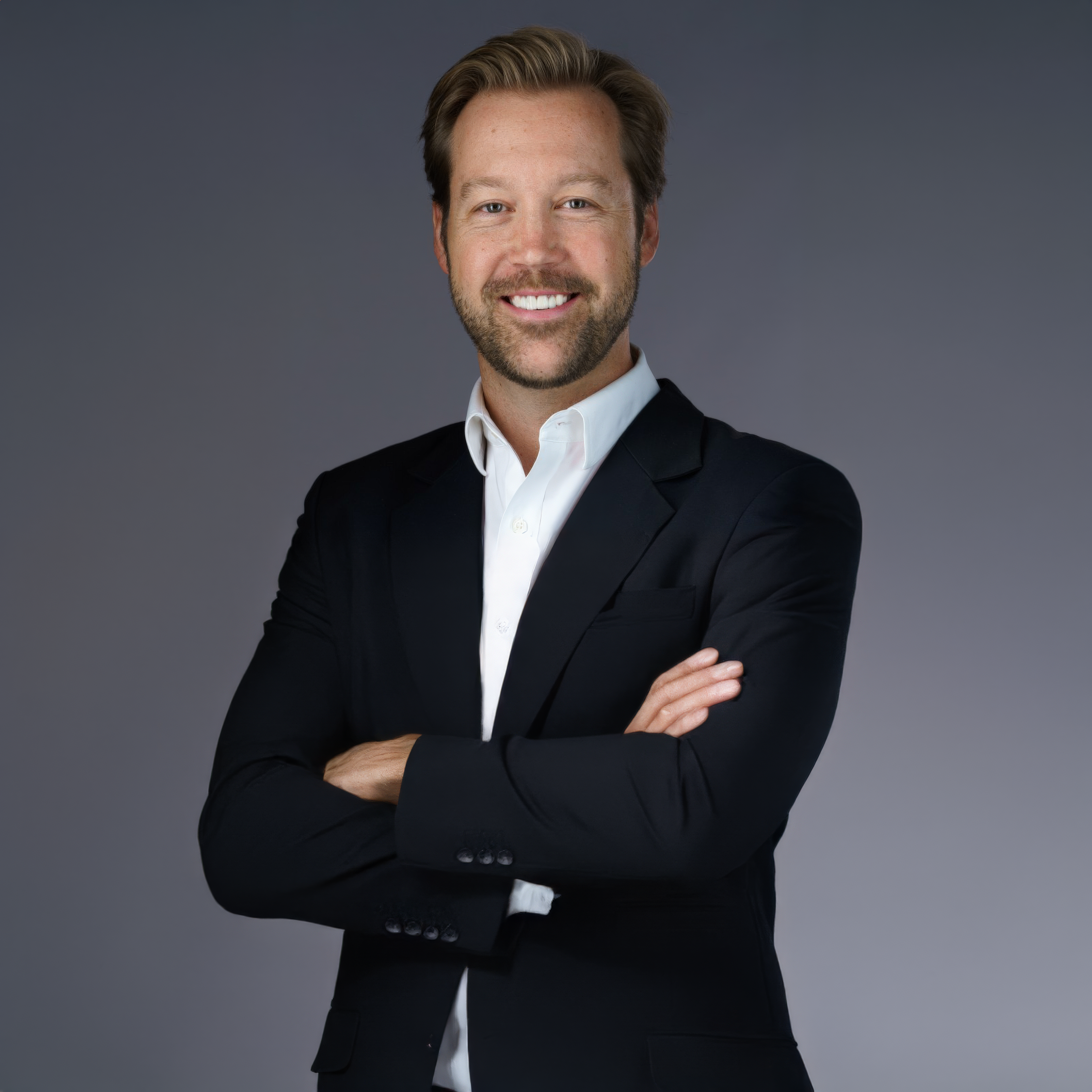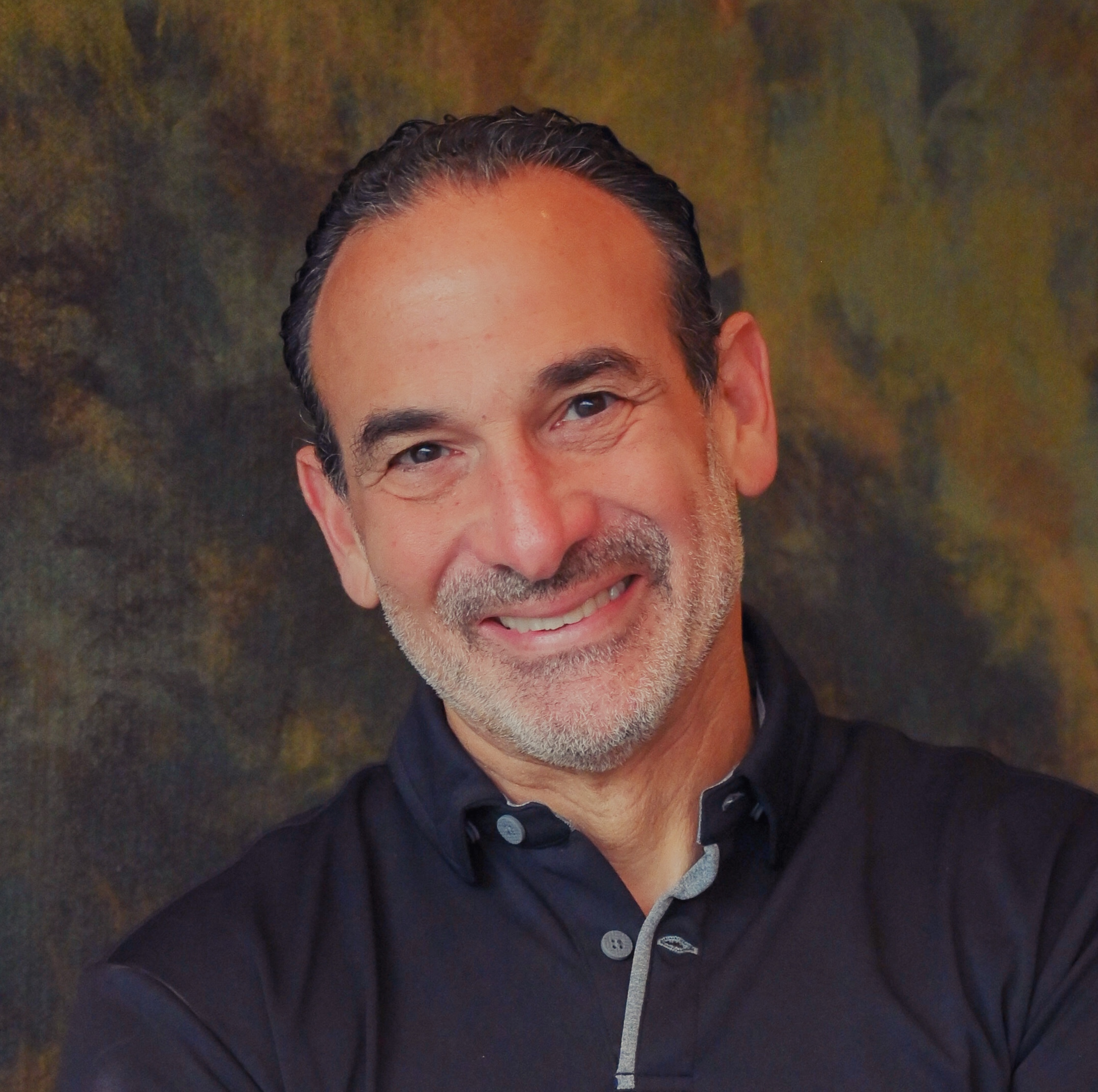RV: (00:09)
Hey brand builder Rory Vaden here. Thank you so much for tuning in to listen to this interview. We are so excited to bring you this information and wanted to let you know that, Hey, there’s no sales pitch coming from anything that we do with this is all our value add to you and the community. However, if you are somebody who is looking for specific strategies on how to build and monetize your personal brand, we would love to talk to you and we offer a free call to everyone that’s interested in getting to know us and is willing to give us a chance to get to know them and share a little bit about what we do. So if you’re interested in taking us up on a free strategy call, you can do that at brand builders, group.com/summit call brand builders, group.com/summit. Call, hope to talk to you soon on with the show
RV: (01:06)
Writing and getting books published and written and distributed and marketed properly is one of the biggest pain points that so many of you have. We know that and over the years, I’ve had an opportunity to interface with a number of different people who have different, you know, magical superpowers in the book, writing and publishing space. And today I’m going to introduce you to one of my favorites. She’s a longtime friend of mine. Her name is honoree a quarter and honoree, a first of all, she is worked very closely with one of my dear, dear friend, two of my dear, dear friends of Hal Elrod which many of you probably know she helped Hal turn the miracle morning into a whole book series. Honoree has written more than 50 books and not just with Hal, but lots of people, Phil Hellmuth, who was the world series of poker champion.
RV: (02:00)
Also one of our other dear friends, John Ruhlin and his book Giftology who we just absolutely adore John we’ve had him of course, on the show. And she just works as a strategic book coach to writers. And also, I would say a publishing specialist specifically for people who want to self publish and maintain all the ownership and the control and, and the rights, but to do it in a way that it looks and acts and feels and operates like a traditionally published book. So anyway, she just recently moved to Nashville. Well, not that recently, but a little bit recently and we reconnected and had to bring her to you. You’re going to love her honor, a welcome to the show. Hey, Hey, good to be with you. All right. My friend. So I want to start with the question of the, the, the writing process. Okay. So you’ve written 50 books. You’ve coached people through this. You’re teaching lots of people on, on the writing process. I feel like people get stuck at the blank page. Like they go, I want to write a book. I know I got a book in me. I probably got five books in me, but then they like sit down and it’s like, it doesn’t, it doesn’t come.
HC: (03:24)
What’s that Netflix I’ll do it later.
RV: (03:29)
So what do you, what do you, think’s going on there? What do we need to know about that stage in that moment and how do we kind of get ourselves past there?
HC: (03:39)
That’s a, that’s a great question. Thank you. And there’s a lot to unpack there. I think what people get stuck on is what goes in a book. Why am I the person to write a book? Other people have already written a book like the book I’m thinking of writing. Why should I write a book? And then how am I going to write it? How did I, how am I going to know it’s any good? And then once I’m done with it, what the heck do I do with it? Who’s going to read it. What if nobody buys it? So there’s a lot of static and a lot of head noise going on and, and without a process to follow. And without some clarity that they will stand to get stuck, even if they get past that blank page.
RV: (04:21)
Yeah. So let’s talk about the mental part of it then first, because I do think that that is that sort of self limiting belief of, you know, one I’m not smart enough, I’m not good enough or more of the imposter syndrome, which is like, well, someone already wrote that book. Like, you know, I already read that book. I mean, do you find that that’s a pretty big, a pretty big part of this and how do you, how do we get ourselves beyond that moment?
HC: (04:48)
Sure. So yes, someone has probably written a book about what you have knowledge and expertise around semi-colon however, comma, right? They, there is no book written in your words, from your perspective, with your additional experience and you are the messenger that only some people can hear. And I love to use the example of like Brene Brown versus Tony Robbins in the motivational space for the people. Lots of people stand at the, at the the stage and watch Tony Robbins and think that he’s the best thing ever. And other people think he’s too big. He else’s teeth are too big, right? He’s it’s too much for me. And other people think Brene Brown is just the most wonderful thing in the world. And other people think she’s too quiet and she’s not commanding enough. Their messages are not the same. They’re similar.
(05:48)
And you could say, well, it’s motivational, I’ve been motivated. I’m done, that’s it. And yet there is that other option, which is what you bring to the table, your experience, your expertise, your knowledge, and your words, your approach, your philosophy, how you connect with people. And that is not in a book if you haven’t written it. So I like to get people past that, well, who am I to write a book I’m not experienced enough or who cares, or there’s already a book out there contextualizing them and saying, hold on, you have something to offer. You must write a book. Right. And then helping them to figure out what goes in the book and where and why, and getting started on that process because, and let’s go to all the way to the end and you’ve been there and I’ve been there. You get that book for the first time and holding it in your hands. And you’re an author. It’s kind of the coolest thing ever. It’s worth all of the trouble.
RV: (06:45)
Yeah. Well, and, and you get the first comment from a reader or Amazon review that are like, you know, that’s, it’s so powerful. And, and I, you know, I, I do use myself as an example on this. Cause I go look, take the stairs more or less as a book that about hard work. There’s not many more on original topics that, or messages than hard work. And, and as a 20 something year old kid, when I wrote the book, I was like, you know, I, I felt like, well, what am I saying? That’s different. But it was totally from my lens. And I think the beauty of me being so young was I knew nothing else other than to write it from my lens. And I wasn’t old enough to have as much self-doubt I think as sometimes people get in their thirties and yeah, it’s you bringing you to the table, contextualizing you, no one else can do that.
HC: (07:36)
Right? No one else has your voice, your perspective, and all of the other things that make you, you, no one else can write your book. And so I think you owe it to people. I’m just going to throw it out there. You owe it to people to write your book. And I read, take the stairs. And I sent you a screenshot of all the tabs and notes and highlights of re reading the book. And I had read every other book on hard work. Yeah. Hard work is not a new philosophy, but your perspective and that phrase, Oh, I’ll take the stairs. I’ll, I’ll do the harder thing. I can do hard things. I do this hard thing. And it builds that muscle and builds on top of that. Some of that book has never left me. It’s stayed with me. So if you hadn’t been that 20 something year old kid going, all right, I’m going to write a book and you did it.
HC: (08:29)
Then all the people who benefited from it would have missed out. And so now I’m just, I’m not talking to you, right. I’m talking to your audience and the people that are listening and are thinking well, but what would I say that would be any different. It’s not necessarily that you would say something different it’s that you would say something different that you would say it in your way. And the person who would have said, why am I going to take the stairs? Why would you take the stairs when you were taking the elevator? Might hear another message, your message in a way that actually moves out and transforms their life. And you’re right. Then the thing that is even better than receiving that first book is receiving that first letter in the mail, or that first email where someone says, I read your book and it changed my life. It inspired me. I am behaving differently. I’m doing something differently. I’m believing more in myself. There, there are very few things that are more fulfilling than that.
RV: (09:22)
Yeah. That’s, that is incredible. And I, and I think another part of the fear, like, just since we’re talking about the emotional side of this, I do think there is this fear of like, well, I could pour my life into this thing and nobody’s gonna read it right. Or no, one’s gonna buy it. And then it’s almost like I have this, it’s almost like I have this public declaration that I’ve put out there that I want something to be successful. And if it’s not successful, then somehow it’s like this public reflection that, you know, my book wasn’t good enough and or something like that. And, and ironically, I think it’s, it’s it, when a book doesn’t sell, well, it is less often to do with what is written in the book and more to do with the promotional plan. And I want, you know, I know that that’s a part that you really kind of specialize in, is going okay, what are the things? So let’s say, if we get past the self doubt, we’re operating in what we would call our uniqueness, we’ll help people find their uniqueness. They create a great outline. They work with you or some, you know, somebody like you that helps them really like flush out and write it out. And, you know, we’ve got lots of people that we love to help. You’re one of them they get this book written, then what, what do they do to make sure that people find it
HC: (10:47)
Connecting the book with the reader is the $60 million question, right? How do you connect the reader to the book? And most importantly, the author and it starts actually with that blank page, with the questions that you’re going to ask yourself, when you’re putting pen to paper, the first one would be something like, where does the book fit into my business? And what is the purpose of the book in my business? What do I want the reader to do as a result of reading my book with taking the stairs, you want people to work harder, right? With you must write a book, which is my book. I want everyone to write a book. I want the right person to call me and say, I want you to help me with this process that they’re figuring out, where does the book fits into the business and where the book fits in with the author.
HC: (11:38)
And then everything else that you do actually is informed and influenced by the answers to those questions. How do people connect with you and how do they connect with you in their journey of reading the book? Do they like you more, as the book goes on and are you adding value to them? Are you helping them to solve a problem or capitalize on an opportunity or both? And then how do they, how do they come to understand if they’re the person that you could help beyond the book? And all of that is linked into the marketing
RV: (12:11)
Surgically. Even thinking beyond the book to going, let’s say I write an amazing book. I market it, I get someone to buy it. I, they actually read it. They get to the end then what? So it’s kind of like thinking about how does this direct and fit into your overall kind of business plan and like, not just your business plan, but how can you service that person at a deeper level once they’ve been through the book and how are you pointing them in that direction?
HC: (12:39)
Right? So the, the, the trick is, and there’s no trick, but the trick is right. The question that you want to answer is how do I serve the person? So they feel like in exchange for their time and money, right? The time they’re reading the book and the money they’ve spent on the book, that they are getting value, that the question of the book has been answered because you buy a non-fiction book. I read limitless by Jim quick, because I want to be limitless. So Jim had a big Hill to climb with me. I had a lot of questions about how to be limitless, and those questions were answered in the book. But at the end of the book, there were a lot of other ways for me to take my limitlessness to be even more unlimited, right. There were ways that I could connect with him.
HC: (13:27)
And those had to be built into the book too. So there were resources in the book and options for connecting with the author before someone puts pen to paper, or even while they are thinking about what those things would be, how am I going to connect with my reader? How can my reader connect with me after they’ve finished the meat of the book? What’s the next thing for them to do? What’s the next stage in our relationship? And what does that look like? And how do we connect those dots? I think we live in a great time when it used to be that an author was a person that you didn’t know where they were. You’d never, you would never hear them interviewed or talked to unless it was on the mic MacNeil, Lehrer report or something. Right. and now or Charles Cronkite, right?
HC: (14:15)
Like authors were unicorns that were inaccessible and now authors are accessible people and have to think of themselves as accessible and readers love to know their authors, authors that you like, we want to know who you are and we want to connect with you right. As readers. And so thinking about that as an author, as an aspiring authors, how can I make sure that my readers know that I’m not inaccessible or not a unicorn? And I want to be connected with, and here is who the, who the person is that I want to connect with the most.
RV: (14:47)
So let’s, let’s talk about Amazon specifically for a minute. Cause you know, I, I know most of, most of your experiences, like really kind of dominating this, the self-published world and, and helping people promote, what do people need to know about Amazon that they, like, what do authors need to know about Amazon? That we don’t know? Like what, what as a first time author is not obvious to us about Amazon, that it’s like, well, you really need to know this. Like, in order since Amazon represents, I don’t know what it is. Something like 50, 60% of all sales. I mean, maybe even more than that whatever the number is. It’s it’s a, it’s a massive percentage. What are the things you think most authors go? Oh, I didn’t realize that. I didn’t know that. I didn’t know I needed to do that. I didn’t know. I needed an update that I didn’t know. I had to like do this or that for Amazon specifically.
HC: (15:42)
Sure. Well, not UN find-able information, not information that you can’t find if you’re looking for it, but understanding how to engage Amazon as a retail partner when launching your book and marketing your book is very important. And understanding that if you know how to engage Amazon as a retailer, as a retail partner, they will serve up your book forever. If you can prove to Amazon that your book is profitable, Amazon wants to sell profitable things. If you’ve ever opened your email, or like maybe 12 times today, you’ve opened your email. And there’s a name something from Amazon that says, well, are you done reading this book? Because when you’re done reading this book, you should read this book over here. Oh, did you buy this thing? Well, people who bought this also bought that right. There is a way to engage Amazon as a retail partner so that you can have them serve up your book.
HC: (16:44)
And it’s not with ads it’s free. It’s just knowing the process, right. Of engaging Amazon in such a way that they say, well, take the stairs is a profitable book. And so we’re just going to keep selling, take the stairs. We’re just going to keep recommending, take the stairs. Honorary, read the book. And honoree is like these 1 million other people. And so we’re going to send this email to these 1 million other people that are just like honoring, because they’ve read all the same books that Andre has, but not take the stairs. So they’re going to email those people on your behalf.
RV: (17:15)
And you’re saying, you can do something, you can do something proactively as an author. What are, what are like, what’s an example? Or like, what are, what are some of those things that we go, Oh, I didn’t even realize I was supposed to do that. Or I could do that. Amazon seems like this ginormous, like faceless enterprise, like that I think is something I didn’t even think. Like, I don’t even feel that way that it was like, Oh, I can, I should be doing these steps.
HC: (17:42)
Yes. So there is three things. One is having an advanced reader team that consists only of your ideal reader. So assembling an advanced reader team of of the right size and the right consistency, right? Having the right people that are the ideal reader for your book, as opposed to I’ll, I’ll give you the thing not to do too, which is don’t launch your book to everybody for 99 cents because that will kill your book. So specifically launching your book to the exact type of person who would read your book. So not telling everyone about your book, telling a specific group of people about your book and engaging them in such a way that it tells Amazon, Ooh, people are going to like this book. And these are the type of people that are going to like this book. And then the two other things are cheating.
RV: (18:36)
So I want, I want to get the other two, but before we do this, so when, when you go like find the ideal, right? I mean, that’s really powerful. So number one, don’t try to just go. I want to sell a million copies that are 99 cents. And just like, you know, set the market. Like, this is what my book is, where it’s 99 cents. You do get, you know, some people do that for the bestseller thing. And you know, there’s some value, I guess, to some of that, but the w how do you find these people? Is that just like, go look on other books in your category and see who’s reviewing those and reach out and try to like, reach out to those people.
HC: (19:11)
That is a strategy, but that is that’s pain and suffering. And I try to avoid pain and suffering. So there’s, I’m anti pain and suffering in every, in every situation. Your ideal client, your past clients, people, you know, who read books like those books. I bet you could tell me five books that are like, take the stairs. I can tell you five books that are like the miracle morning for entrepreneurs with Cameron, Harold. Right? So we went and looked for who are the other books that are like this book, who’s read those books. And those are the people that I want. The people who are the ideal reader for the book are who I want to talk to about the book,
RV: (19:51)
Which if you have an email list and like you do a lot of the things that we teach at brand builders group, what we call the relationship engine and all this stuff. So you’re basically saying it is those people. I mean, those, it is those people, okay. They’re not, they’re not hidden. Yeah. And then it’s other, other podcasts like yours and other authors like yours and other social media people like, you know, posting similar content.
HC: (20:14)
Yes. If you’re marketing to everyone, you’re marketing to no one, you know, this better than anyone, right? Identify who your avatar is, your ideal reader, your ideal client, they’re all the same thing. And put a group of those people together to be your advanced reader team and curate them and help them to help you engage Amazon and other retailers as your partner in your book marketing.
RV: (20:35)
When you say advanced reader team, you’re saying, give them a copy of the book before it comes out. Why is that? So that they can leave reviews early on, as soon as the book comes out. So I have a
HC: (20:48)
Process that I have authors walk with. Like, this is the day that you do this, and this is the day you do this. And this is the day you do that. So that you’re engaging the, the algorithm of the engine, right. Of the retail engine in advance so that they know who to market it to as well. So it’s, it’s, it’s a little Ninja, you know, behind the curtain under wraps, keep it quiet. Don’t talk to anybody about it. I say that a lot. Sip it. Dot com. Don’t tell anyone you’re engaging the exact rate and perfect reader. I know, I know this from experience and I have to say it a lot. You got to keep it quiet, even though this is probably the thing, one of the top five things, you’re the most excited about, right? You have a new kid, your book, and you want to tell everybody about your new kid, but you just can’t for a little while. You’ve got to keep it under wraps and only talk to people about the book who are your avatar, your ideal reader, your ideal client.
RV: (21:44)
And if you get those, those people that go leave reviews, and they’re very either whatever, a verified purchase, those really help. So, okay. So that’s awesome. So I don’t need a million people to read it. I need to find like a core group of a hundred or 50 or whatever, like, and just get them to actually read it, co foster that audience, get them to support it, to leave, you know, share it with whatever start small. All right. What’s you said there were three things we’re running out of time.
HC: (22:12)
Yeah. The other two are quick. The other two are quick keywords. What are the keywords that people search to find your book? Identify, identify your keywords. And it’s not a word. So brand builders would be a key word. So if someone were saying, how do I build my brand? What’s the best way to build my brand. Each of those is a key word. So you identify the keywords that people would use to find a book like yours. And those become your keywords.
RV: (22:42)
You’re talking about, this is similar to search engine optimization for like Google, but you’re, you’re talking specifically in Amazon, correct? You need to select your keywords, but then, but like for SEL, I can. Yeah. Where do you put them on Amazon? That
HC: (22:57)
In, in the backend, in, in when you’re, when you’re publishing your book or when I’m publishing your book, I identify the keywords and I, I put them in the, in the, I do the publishing piece. But there is a, the dashboard, right. Where you would go to upload the book cover and the book files, they ask you, what are your keywords? And you put in the keywords and then the keywords match.
RV: (23:19)
Yeah. And that, see what’s wild about that is when you traditionally publish, you have less control over things like that. I mean, this is, yeah, you do. As you know, it’s, you know, there’s, there’s, there’s, there’s so many great things about traditionally publishing and self-publishing, it’s like one of these, these balances, but, you know, procrastinate on purpose mist, the wall street bestseller list. Not because we didn’t sell enough units because the book wasn’t categorized in the proper category that the, that BookScan and Nielsen and that the wall street journal picks up. And it was like, what, like where, who was supposed to tell us that like
HC: (24:05)
Who’s gonna lose their job today. Yeah. So that’s actually, the third thing is, are the categories your book has to
RV: (24:12)
Look at
HC: (24:13)
That is the third one. Look at you being all star student and everything category is the next ones are key. So advanced reader team in the algorithms getting, you know, the team and teaching the team and, and teaching the author gotta do everything. And you know, at the right time, right, you got to, you got to marinate the meat before you make them put it on the grill, right. The right thing at the right time, then you have to understand what are the keywords and what are the categories and how to change them, how to see if they’re working and how to make sure that you’re making the moves and how to make the moves at the right time. So, like I said, it’s a little bit art, a little bit science.
RV: (24:55)
Where does the CA is the categories of backend dashboard? I mean, I know it’s like monitoring categories. This is one thing. And there’s different ways to do that in different tools in your, hopefully your publisher kind of knows some of that helps you figure that out or, or, you know, but like once you, you’re saying that it’s actually like monitoring it and then going, let’s change the category of this book to put it somewhere else. You can just log in and do that.
HC: (25:22)
You can ask, you can actually send an email to Amazon and ask them to put you in certain categories. Otherwise, they’re just going to put you in categories. If you’ve ever looked at a book and it’s like, this is a book on dog-walking and it’s in the kitten legwarmers category, just because it happens all the time. It’s just because somewhere in, in, in the, the computer, somewhere in there, something got off and it went in the wrong, it went in the wrong. Okay.
RV: (25:54)
So basically you just need a note notify Amazon, say, Hey, can you move this? My, can you list my book in this other category? If you’re self published, if you’re traditionally published, your publisher has to do that.
HC: (26:09)
One would help. Yes.
RV: (26:10)
Yeah. Okay. And then keywords is the same thing, basically like there’s some, there’s a backend part of Amazon where you basically re similar to how you would do with like meta-tags and H you know, like H one H two tags on a website. There’s a, there’s somewhere in Amazon in the backend where you, this dashboard, is it called a dashboard? Is that what you’re
HC: (26:33)
I called the dashboard. Yeah. Let’s see. It’s, you’re just logging in. So it’s Kendall digital publishing, kdp.amazon.com is the, is the login is where you create your account. And so you create an account and you upload all the files and the information it’s where you put in the title and the subtitle and all, and the, and the book description. And you’re right. You have to have HTML and a call to action and making sure that the font sizes right in the spacing is right. Otherwise it just looks a little jeopar walkie on the, on the retail page. And all of those things factor into whether your book appears professionally published.
RV: (27:12)
I know, I mean, again, with procrastinating on purpose, for some way are tight. Our original book cover got uploaded, and it had this like weird glitchy thing on the cover. And there was like a weird splotchy looking thing. And it was like, how does this happen? Like, how does that happen? And it’s just like, somebody uploads a file that’s wonky or something, and yeah.
HC: (27:34)
Wonky or, or corrupt or something. And, and then you have to change it and you have to get to the right person to make the change and all, all the things there’s, my checklist has 487 things on it.
RV: (27:47)
Yeah. Well, 487 steps to success. You know, but you, you, there are small specific things like this, that Matt that really, really make a difference. That’s, that’s, that’s wild. I didn’t even know that about, I mean, I guess I, it made sense, but as a traditionally published author, I don’t actually have control of my keywords and categories. I have to go through with the publisher because it’s all in there. They control the dashboard for it. Right. I presume, although I’m going to ask, I’m going to have this based on,
HC: (28:23)
They have access to the same. They have access to the same. There’s this, there there’s might be a little more robust than what they let you know, the common folk have. The traditional publishers probably have something that’s a little more robust, but they definitely have keywords and categories. But the thing is, yeah,
RV: (28:38)
I got to I’m depending on someone else to do the work of updating it, versus I can’t just log in and do it myself, which is one nice thing about self publishing is you can like log in and update the thing. Yeah. So that’s, that’s, that’s part of the partnership of publishing. Really interesting. So all right. Well honor. So, so I got one more question for you before I ask you that, where do you, where should people go if they, if they want to connect with you? I mean, you’ve worked with Hal, rod, John Roland, Cameron, Harold. These are all these, those three people specifically are close, personal friends of mine. I know you’ve done a ton with Hal and you know, we want, if someone wants help, like actually writing a book and, and I mean, I know you teach people to do it, but you also will do it with them. Where should they go, go find you and say, Hey, I found you on brand builders podcast, or like, where do you want them to go,
HC: (29:42)
Go, just go to my website, honorary quarter.com and send me an email, send me honorary honorary, quarter.com or go to my website and do a, a form and send it over. I get those. And Megan is my assistant and she will, she will get you on my calendar to discuss if this would be a good fit. I love it. I love it. And when you get your rights back on your books, call me you talking to me. Yeah. I’m talking to you.
RV: (30:14)
Oh, well, we should talk. We should talk off, we should talk offline about some things. But the okay, so Andre quarter.com. We’ll put a link to their honorary honorary quarter.com if you just want to email or and then, so the last little thing that I just I have for you here is you know, coming back to this mental side of things. Yeah. The fear that it won’t be good. The self doubt that I’m not smart enough, the imposter syndrome that someone else has already done it I guess, is there any last thought you would have as it relates to this emotional block? Because over time I’d become more convinced that the disk, the barrier between a mission-driven messenger, which is we call our audience mission-driven messengers. The primary barrier between a mission-driven messenger and actual published book in their hand is a whole set of emotional challenges that are much greater than the logistical challenges. So is there anything you would, you would say to that person who knows they should write a book, but they’re struggling to get their own, you know, pass some of their own beliefs?
HC: (31:37)
Probably a hundred things. So I’ll try to come up with a few that are impactful for right now. The first one is you have done something difficult in the past that you were unsure, you could succeed. So go back to those wins that you’ve had in the past and revisit them go to the people who know you the best, your encouragers, your coach, your mom, your therapist, your best friend, and ask them what they think. And when they encourage you, listen to them, they are right. Right. They know they have a line of sight to something that you cannot see. And also you do not publish a book by yourself. I mean, unless you crazy.
HC: (32:19)
And I must be crazy because I’ve done it myself a number of times, but for yourself and by yourself are different. And I have not ever published a book where I didn’t use a graphic designer to give me a good cover and the editor, or more than one editor to go through and make sure that my message was strong, right? So you’re going to need a proofreader and you’re gonna need a copy writer, and you’re gonna need this advanced reader team of people who are gonna read your book and tell you that what you have done is, is a beautiful thing. And writing a book really is a team sport. And so engage the right team of people, make sure that you do use an editor and make sure you do use a graphic designer who does understand book covers and that sort of thing.
HC: (33:05)
And once you have your team around you, you will feel less fear and less reticence that you might be running a marathon for the first time, but you got a coach, right? How many miles do I run today? Do I do strength training? Do I do yoga? Like, what are the other things I need to do? Listen to the other people that you have around you. And then also find some other people that have written books and have gone through the process who can give you some words of wisdom and say, Oh yeah, I felt fear too. And I’m going to add one more thing. And that’s what you touched on it before, when you said I was a twenty-something kid and I wrote, take the stairs. When I wrote my first book, it was kind of like, okay, I’m going to write my first book. I didn’t have that monkey mind either. I didn’t have those self doubts because I honestly didn’t think anybody was ever going to read it. So who cares?
HC: (33:57)
Right? So if you put the pressure on yourself of like, I have to write a book and it has to be a New York times best-selling book and, and, and ad, right. If you make it really hard to feel good about the success of your book and really easy to feel like a failure, you’re already starting behind the eight ball. So just give yourself easy wins. Oh, I’m going to, I’m going to sit down and come up with an idea for a book. Okay. I have an idea. I wonder if I could flush it out with an outline, let me come up with an outline. Okay. That’s a win, like, make it easy for yourself to feel good and make it really hard for yourself to feel bad, not just in book writing, but in life. But in this instance, let’s focus on the book writing so that the fear side and recognize that you’re not doing it alone. And there are a lot of books out there. There are a lot of inferior books in there, a lot of superior books and it’s okay, this is your book. And you get one spin around the rock, right? You better leave something for people to remember you by
RV: (34:58)
There. It is some, some Ninja secret, undercover, whatever you said, confidential tips just, just between me and you and a few tens of thousands of listeners on the podcast podcast. But it’s all about, who’s going to take action on it. I mean, that’s, that’s, that’s it. So Honoree, so good to reconnect with you, my friend. And thanks for sharing some of your wisdom. We wish you the best. I know we’ll be staying in touch, especially now. You are a Nashville neighbor, so all the best to you.
HC: (35:36)
All right. Thank you so much.

